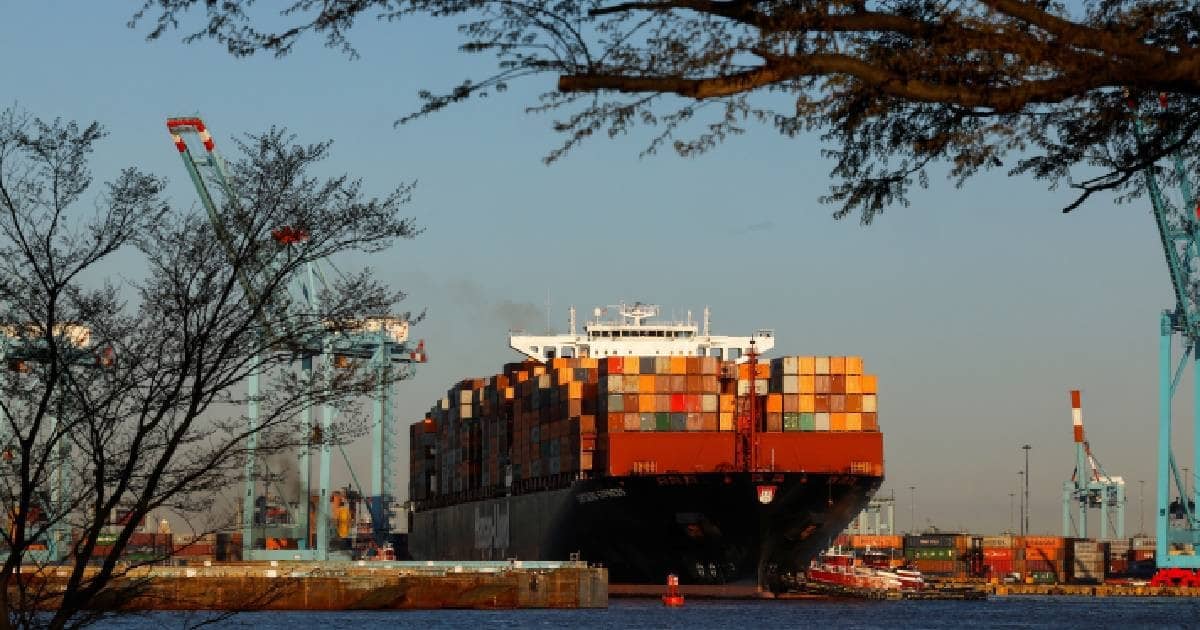The global economy is deeply interconnected and trade policies in one region can send shockwaves across the world. Recently the UN Trade and Development Agency UNCTAD issued a stark warning stating that tariffs imposed by wealthy nations could have a catastrophic impact on developing countries. This blog explores why these tariffs are so dangerous how they threaten economic stability and what can be done to prevent long-term damage. BestPrimeNews
Why Tariffs Could Be Catastrophic for Developing Economies
Developing nations rely heavily on exports to sustain their economies. When major markets like the US EU or China impose high tariffs it disrupts trade flows and reduces income for these countries. UNCTAD highlights that such measures could be catastrophic because they limit access to essential markets stifle growth and increase poverty.
Many developing nations depend on a few key industries such as agriculture textiles or raw materials. A sudden tariff hike makes their goods more expensive abroad leading to unsold stock lost revenue and job cuts. For countries already struggling with debt and inflation this could be catastrophic pushing millions deeper into financial instability.
The Domino Effect of Trade Barriers

Tariffs do not just affect exports. They create a domino effect that disrupts entire supply chains. When a large economy slaps tariffs on imports businesses in developing nations face higher costs for machinery technology and intermediate goods. This makes production more expensive reducing competitiveness in global markets.
UNCTAD warns that this cycle could be catastrophic for industrialization efforts in poorer nations. Without access to affordable imports local industries struggle to grow. This limits job creation slows technological advancement and keeps economies trapped in low-value production.
Rising Debt and Economic Vulnerability
Many developing countries are already burdened with high debt levels. When tariffs reduce export earnings governments find it harder to repay loans. This could lead to catastrophic debt crises forcing nations to cut spending on healthcare education and infrastructure.
UNCTAD points out that reduced trade revenue also weakens local currencies. A weaker currency makes imports more expensive fueling inflation. For families already living paycheck to paycheck this could be catastrophic as food fuel and medicine become unaffordable.
The Human Cost of Trade Wars
Behind the economic data are real people whose lives are upended by trade barriers. Farmers in Africa textile workers in Bangladesh and miners in Latin America could face catastrophic income losses if their products are priced out of foreign markets.
When jobs disappear poverty rises. Children are pulled out of school families skip meals and healthcare becomes a luxury. UNCTAD stresses that the human cost of tariffs could be catastrophic reversing decades of progress in poverty reduction.
Possible Solutions to Avoid Catastrophic Outcomes
The situation is dire but not hopeless. UNCTAD suggests several measures to prevent catastrophic economic damage.
- Fair Trade Agreements – Wealthy nations should negotiate fairer trade deals that do not exploit developing economies.
- Debt Relief – International lenders could ease repayment terms to help nations cope with reduced income.
- Diversification – Developing countries should reduce reliance on a few exports by investing in new industries.
- Global Cooperation – The WTO and other bodies must mediate trade disputes to prevent escalating tariffs.
Final Thoughts
The UN trade agency’s warning is clear. If tariffs continue to rise the consequences for developing nations could be catastrophic. Lost jobs rising debt and increased poverty are just some of the risks. The global community must act now to ensure fair trade policies that support rather than cripple vulnerable economies.
By addressing these challenges early we can prevent a catastrophic breakdown in global trade and protect millions from economic hardship. The time for action is now before it’s too late. BestPrimeNews



